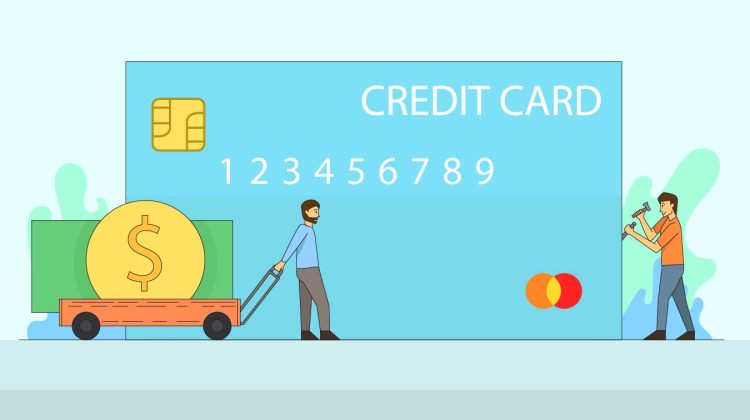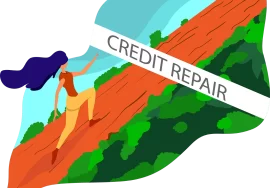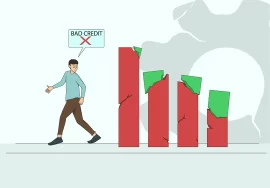

Building Credit Preventing Repair
If you want to prevent credit repair procedures, you need to keep your payments up to date. Financial emergencies may come up, so it is important that you meet minimal payments on time. If you have utilities, house payment, car payment, or other dues try to knock them out to avoid complications.
If you are in debt over your head and have very little income and assets it might be wise to do nothing, Sounds insane, but the reality is when you are taking to court most of the collectors won’t be able to collect a dime. This procedure is called ‘judgment proof.’ If you elect this procedure you won’t go to jail. There are advantages by acting on the ‘judgment proof,’ such as the Federal Laws protect you against creditors coming to your home and confiscating your belongings.
The downside is you are not resolving anything and in the long run you won’t get credit. On the other hand if you want to face your credit problems, you can take several steps to build your credit. If you have an attitude “it doesn’t matter how much I owe, I am in debt and can’t get out.” Then you probably should take the ‘judgment proof’ method.
However if you have an attitude “How much do I owe so I can work to resolve.” Then you are on the road to rebuilding your credit. Start by over viewing the current bills that you have received. You can also call the companies that sent you the bill to find out how much you owe. Once you have totaled your bills, and find an amount that you can pay each month toward all the bills owed.
You can also get reports of your credit report from Trans Union, Equifax, and Experian, however unless you have recently applied for a loan and was turned down you won’t get these reports free. You can go online to check out the various sources that offer credit reports, and some places enable you to get all three reports for around $25. This is wise since the more you apply for loans or any source of credit, the more it goes against your credit score. The credit score is more important than the rating.
When it comes to dealing with credit repair or credit building, we have several options available. If you are in debt for more than $10,000 and your future doesn’t look promising, you can always file bankruptcy. Be alert that bankruptcy doesn’t necessary mean that you are out of debt, rather it means that the courts will decide on a monthly fee that you can afford to repay your debts.
Some debts are dropped in bankruptcies, depending on your lawyer and what he/she can do for you. You could also apply for a consolidation loan, which is a little better than bankruptcy in the sense you promise to the lenders that you will pay a certain amount each month until the debts are paid in full. It pays to shop around if you are going this route, since some lenders charges fees to get you out of debt, as well as some lenders do not work hard to get you affordable monthly installments for repayments.
The last thing you need is to be paying more than you can afford each month. If you have assets, such as a house or car, you might want to sell to raise money to get out of debt. This almost always works out in your best interest. If you can’t afford payments in the first place, you have nothing to loose. Once you sell your item then you can payoff any other debts you may have and work toward building your credit.
The more effort you make in building your credit, the more opportunities you will have of reestablishing your credit rating and score. If you are struggling to get out of debt be sure to set up a budget for yourself so that you are not going in deeper. When you are in debt small sacrifices or even big sacrifices needs to happen in order to repair and rebuild your credit score and ratings.








